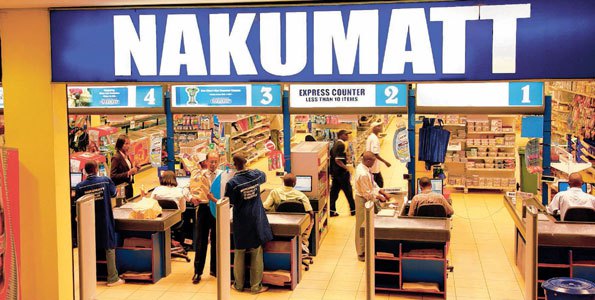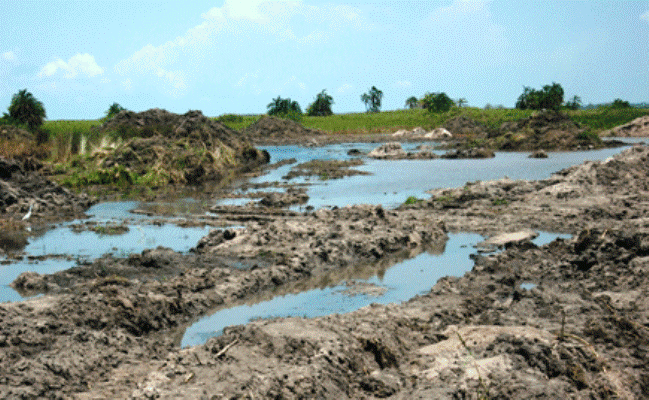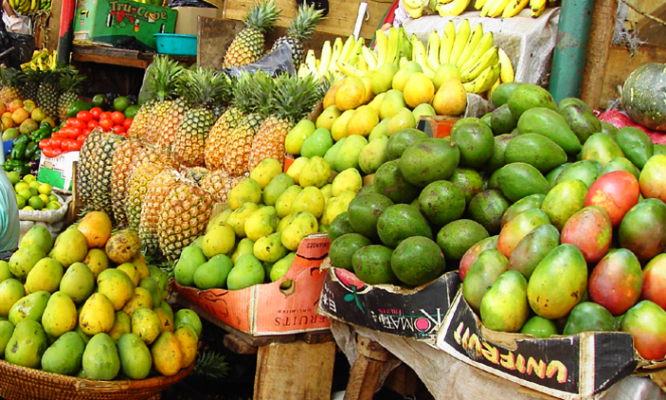China poses the greatest Money Laundering risk to Uganda, a new report has revealed.
The National Risk Assessment (NRA) of the Money Laundering (ML) and Terrorism Financing (TF) about Uganda highlights countries that pose a big ML and TF risk as well as countries that are at risk of ML from Uganda.
The NRA of Uganda was undertaken by a Working Group representing various government and private institutions, and coordinated by the executive director of the Financial Intelligence Authority (FIA).
Below are the countries that pose a risk to Uganda;
China
Chinese ties to Uganda date back as far as Uganda’s independence in 1962. And from 1986, economic ties between the 2 countries have grown exponentially. China has been involved closely with various sectors in Uganda’s economy including the milk processing industry, textiles, furniture, the roads sector and oil exploration.
Consequentially there are increasing numbers of the Ugandan business community doing business in China and remitting funds to Uganda as well as the Chinese business community doing business in Uganda and remitting funds to China. However, as the value of economic ties increases between the 2 countries, so does the risk attached to it.
“Between May and October 2016, it was reported how funds worth over UGX 31,000,000,000 (about USD 9,000,000) from the Uganda National Roads Authority had been remitted and banked in China by Chinese road construction companies instead of being paid out to the land owners,” the report says, adding: “Also as the Ugandan business community does more business in China, UNBS has observed that there is a high influx of counterfeit goods on the Ugandan market. Many of these are linked to business people importing from China due to attractive rates.”
Because many of these businesses are informal, the vast majority deal in cash and the values involved are high, thus increasing the risk of illicit funds being used without detection, the report says.
“As China invests more into Uganda as seen from various emerging businesses across the country, it is also safe to assume that funds are flowing into Uganda from China towards these businesses and this might increase the risk of illicit funds flowing into the country,” the report obtained by Business Focus further reads.
DRC
The Democratic Republic of Congo (DRC) neighbours Uganda on the West, and because of porous borders, traders easily move in and out of country carrying cash, merchandise, or conveying vehicular traffic, without going through any formal procedures.
The report reveals that Civil war within DRC has weakened border and municipal controls on the DRC side, to a point that they are virtually non-existent or enforced by local militia that are only interested in levying a charge, in return for which unscrupulous individuals can do as they please.
“Uganda is a major conduit for minerals especially gold and diamonds from DRC to the international markets such as in Dubai,” says the report, adding that although certain protocols have been put in place to ensure that the minerals from conflict areas are not traded internationally, weak controls in the countries neighbouring the DRC make this challenging to enforce. “Consequentially there are various unlicensed mineral dealers in Uganda who claim to be purchasing gold from DRC for onward export to the international market. Due to ineffective regulation, there is no proper supervision and checking of the product nor of the source of funds used to purchase these minerals,” the report further reads, adding that Uganda is therefore a host of funds which are not always properly verified due to these transactions.
“This therefore makes DRC a risk to Uganda in terms of inflow and outflow of cash which can be physically moved,” it adds.
South Sudan
Similar to DRC, South Sudan has suffered internal conflict and instability for many years. Coupled with the porous borders between South Sudan and Uganda, the movement of people and merchandise across borders isn’t given the necessary scrutiny in regard to Anti-Money Laundering (AML) measures therefore posing a risk to Uganda.
“There have been close military links between Uganda and South Sudan since the birth of the South Sudanese state in 2011. There have been reports of various South Sudanese generals with businesses and other investments in Uganda fuelled by illicit financial flows from South Sudan,” the report says, adding: “Some of these generals are under UN sanctions and their assets should have been frozen. Nonetheless, they continue to purchase luxurious mansions in Uganda. This therefore is indicative of illicit financial flows from South Sudan to Uganda.”
In our next article we shall reveal countries where Uganda are investing their illicit cash.






